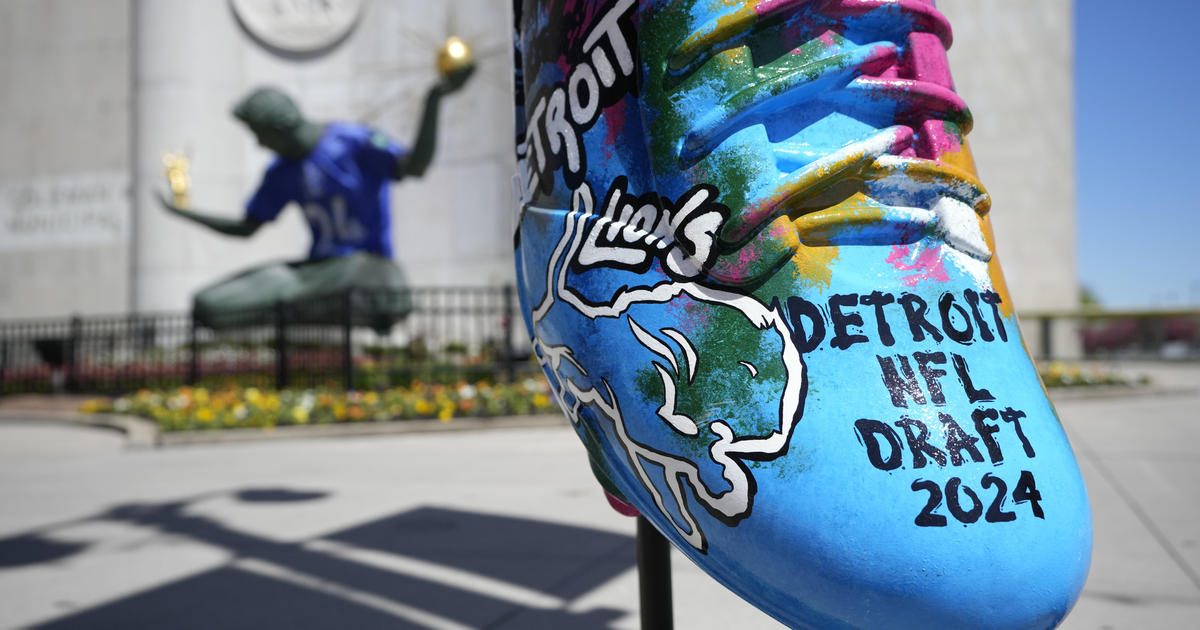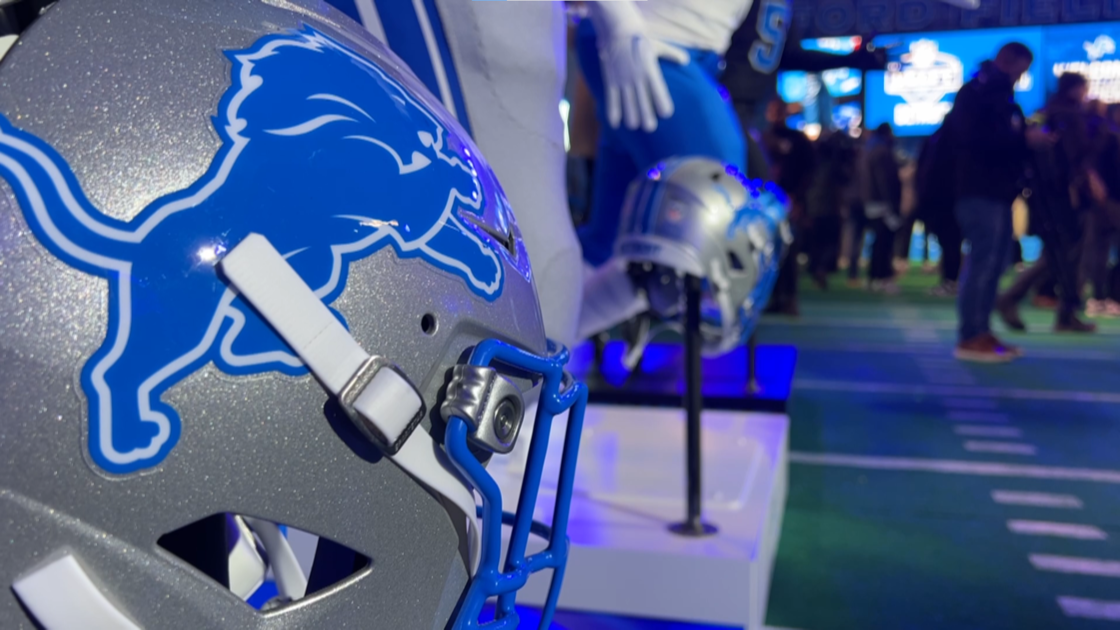Column: Baseball's Power Surge Raises Some Troubling Issues
By Paul Newberry
ATLANTA (AP) — We've been through this before.
Everyone swinging for the fences.
Balls flying out of the park.
Fans presumably gushing over the tape-measure spectacle (because, you know, chicks dig the long ball).
Sorry, we'll take a pass on this bandwagon.
As baseball heads toward a record-obliterating season for home runs — yes, a power display that eclipses even the height of the steroid era — one can't help but wonder if it's all on the up and up.
Granted, baseball now has a serious drug-testing plan, something that didn't exist at all during the heyday of Barry Bonds and Mark McGwire, but no one can ever know with certainty that it's weeded out all the chemically enhanced sluggers.
Doping is a battle that's never really won. The best one can hope for is maintaining a slight edge over the would-be cheaters.
"You don't want people to be skeptical," said Miami Marlins manager Don Mattingly, who has the game's top slugger at the moment, Giancarlo Stanton. "I think what fans really want to know — they love greatness, they love seeing the ball go out of the ballpark, you love seeing athletes in all sports do great and do great things — but I think as a fan, and I include myself in that, you want to know it's coming through hard work and dedication and talent. Not any other help."
Beyond that, the emphasis on hitting the ball out of the park — by everyone from mammoth outfielders to light-hitting shortstops — raises another issue that is troubling to the long-term health of the national pastime.
A game that should be filled with nuance and infinite possibilities has become something akin to slow-pitch softball, the lineups filled from top to bottom with beefy guys who do nothing more than swing from their heels on every pitch.
If everyone is hitting the long ball, is it really all that exciting?
Take the Texas Rangers , who heading into Friday were leading the majors with 218 homers and, in an interesting twist, stopped by Atlanta this week for a series against Braves.
This, of course, is the home of Hank Aaron, whose statue adorns a place of honor in new SunTrust Park and remains the true home run king in our books. So perhaps it wouldn't have seemed out of place to say the Rangers are faithfully carrying on the Hammer's power-hitting legacy.
Nothing could be further from the truth.
The Rangers' lineup features Joey Gallo, who leads the team with 37 homers but is hitting barely above the Mendoza Line (.211) with a whopping 162 strikeouts. He's hardly alone. Texas also has Mike Napoli (.196, 29 homers, 155 strikeouts) and Rougned Odor (.213, 28 homers, 137 strikeouts), who are following much the same blueprint every time they step to the plate.
Knock it out of the park or go down swinging as hard as you can.
Compare that with Aaron, who in addition to 755 homers finished with a career average of .305 and never struck out as many as 100 times in any of his 23 seasons.
"Nobody worries about average or striking out. They don't care about that," said Hall of Famer Tony Perez, a slugger in his era but someone who hit as many as 30 homers only twice in his career. "They just want to hit home runs. I guess that pays better."
The Rangers were followed into Atlanta by Stanton, who is on a home run quest himself. The 6-foot-6, 245-pounder went into Friday's game with 53 homers and still has a shot at reaching Roger Maris' non-steroid season record of 61. That mark appeals to Stanton the most, certainly more so than Bonds' almost-comical 73 homers in 2001 during the steroid era.
"When you grow up watching all the old films of Babe Ruth and (Mickey) Mantle and those guys, 61 has always been that printed number," Stanton said a few weeks ago.
Yet any admiration for Stanton's brilliant season is at least partly offset by the reality that all these sluggers are making the game even more unwatchable than it already was, the game slowing to a pace that makes chess seem action-packed by comparison. You've got overly cautious pitchers laboring over every throw, knowing they can't afford any mistakes. You've got one-dimensional hitters flailing away at anything close to the plate, willing to whiff most of the time for the chance to occasionally knock one into another ZIP code.
When Atlanta's Julio Teheran faced the Rangers this week, he had a season-high five walks in five innings.
He wasn't really wild.
Just careful.
"They're hitting .212 with 28 homers," Teheran explained. "They don't care about striking out."
Without question, the increase in homers borders on alarming. After Thursday's games, with a little over three weeks left in the regular season, teams had combined to hit 5,329 homers and were on pace to finish with 6,169. That would shatter the record of 5,693 homers set in 2000, when we know plenty of hitters were juicing.
More dramatically, it would be a 47 percent increase over the 4,186 homers that were hit just three seasons ago, when power numbers bottomed out after a steady decline undoubtedly spurred along by tougher and tougher drug-testing rules. By comparison, it took hitters a full decade to pull off a similar increase to reach that tainted 2000 total.
There are plenty of explanations for the stunning increase, from an increased emphasis on hitting fly balls — which certainly has lots of merit — to an unconfirmed belief that the ball is livelier.
"You can just tell it's harder. You can feel it," Braves shortstop Dansby Swanson said. "It's pretty easy to tell the difference for someone who plays."
Whatever the case, we all hope this power surge is legit.
Baseball can hardly afford another doping scandal.
And, while we're at it, let's have a few less guys swinging for the fences.
You know, singles and doubles can be exciting, too.
© Copyright 2017 The Associated Press. All Rights Reserved. This material may not be published, broadcast, rewritten or redistributed.



